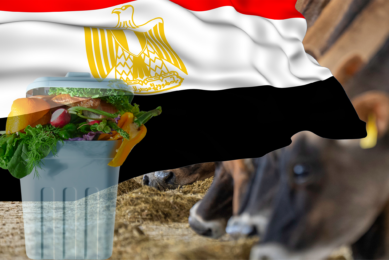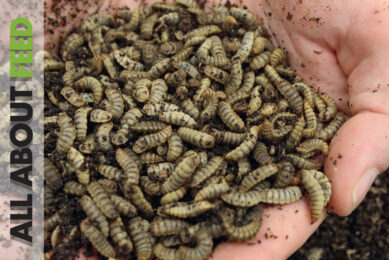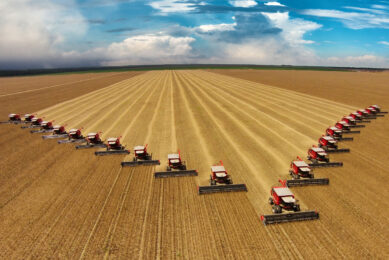What does the Brazilian agricultural sector think about the EU´s Green Deal?
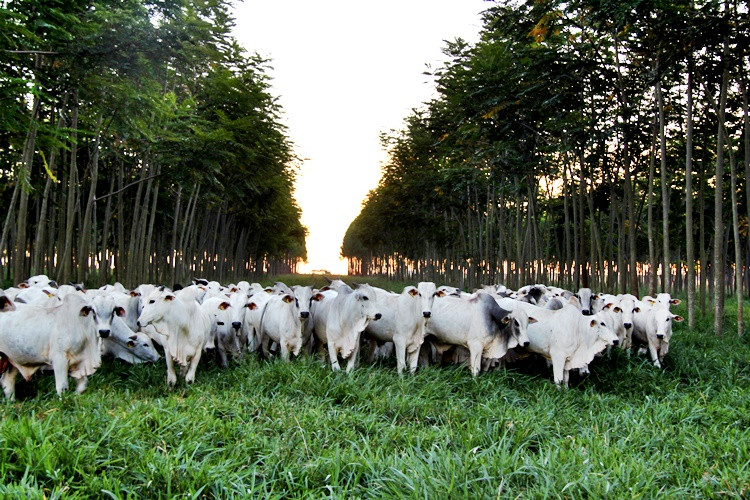
Producers have more criticisms and suggestions than concerns about the new requirements.
Brazilian agricultural and livestock production is globally relevant for its volume and variety, but it is also frequently highlighted for environmental issues. As such, the country would be one of the main ones affected by the new European legislation that expands restrictions on products grown in deforested areas.
Is Brazilian production conducted in deforested areas?
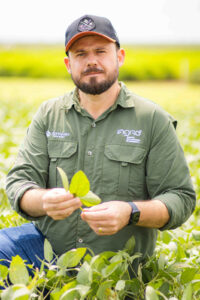
The first relevant point is the Brazilian legislation, called the Forest Code, which is one of the strictest in the world. For instance, Brazilian farmers and ranchers are obligated by law to preserve large percentages of native vegetation within their properties, depending on their location in the country. For example, farmers with areas in the Amazon Biome must maintain 80% original coverage. On its 851 million hectares, Brazil has other biomes, such as the Cerrado, Caatinga, Pantanal, Atlantic Forest and Pampas, where the percentage varies between 20% and 50%.
Brazilian producers have the most modern and restrictive forest code in the world. Much of the Brazilian territory has original coverage and is preserved by forest protection areas, indigenous reserves, and other conservation units, especially in the Amazon Biome
Lucas Costa Beber, president of Aprosoja-MT (Association of Soy producers)
Perception of unfair accusations
Imagine a farmer who preserves 80% of his private property being accused of being deforested, just for being in the Amazon Biome, which covers 419 million hectares. This represents 49% of Brazil, enough to cover almost 70% of all of Europe without Russia.
The Brazilian Forest Code distinguishes between legal deforestation and illegal deforestation. This point is relevant because, as Brazilian farmers understand, the new European requirements are arbitrary for not considering this distinction, as they set December 2021 as the cutoff date for new land clearing.
What would be the impact on Brazil?

The Foreign Trade Secretariat of the Ministry of Development estimates that the European Green Deal is likely to impact 34% of the agricultural products Brazil exported to the European Union in 2022.
In the same year, Brazilian shipments to the bloc were US$25.6 billion, out of a total of $159 billion in international sales, representing 16% of the total.
In terms of revenue, soybeans led in 2022, accounting for 34.5%. Then oilseed is ahead of coffee (17.5%) and forest products (12.8%). Other items include beef, cocoa, palm oil, rubber and derivatives. In the case of soy alone, the impact could be billions of dollars.
Brazil exports US$3.3 billion (6.1 million tonnes) of soybeans and US$5.3 billion (10.3 million tonnes) of meal to the European Union. Brazil risks losing some of this export volume
André Nassar, executive president of Abiove (Brazilian Association of Vegetable Oil Industries).
Compliance with Brazilian law
According to Nassar, the vegetable oil sector fully complies with Brazilian law and exports soy, meal and oil without deforestation. “So why is there a risk? Because neither the European Commission nor the inspection and control bodies of the member countries have recognized the processes and controls that our sector implements as valid,” he explains.
Mr. Nassar acknowledges that the legislation has noble and correct motivations but says it will create transaction costs in the food supply chain. For him, the law was approved without any regard for the impact on supply chains.
“In this sense, it is legislation with some degree of irresponsibility from the European legislator. It should have restricted obligations to issues of legality and illegal deforestation, but it went further,” according to his analysis.
View of new requirements
Still, Mr Lucas does not consider the new requirements a concern. “Europe is not our main destination. There will come a time when Europe will not sustain this law and will have to open the market again to avoid inflation, food insecurity, and economic destabilisation, especially in years of climatic impact,” he argues.
For him, the global demand for food is imperative, and the European Union itself will suffer from inflationary processes if the new requirements are enforced. “We are the only producers in the world who have legal reserves within properties and still have agricultural areas that could be allocated for crops within environmental law, which is already the strictest in the world,” he says.
The problem of proof
The vast majority of Brazilian producers meet all the requirements of Brazilian legislation and even the new European requirements, but the problem is how to prove that they do. In this regard, for example, Abiove is developing several initiatives. The main one is to make the European Commission and national bodies recognise the controls and systems that the companies in the sector already have in place to verify legality and zero deforestation.
“As the law requires zero deforestation in shipments to the EU, companies are improving their controls and creating export corridors that comply with the Green Deal. Finally, we are defining, together with other sectors, the relevant Brazilian legislation and formats for proving compliance with the legislation,” says Nassar.
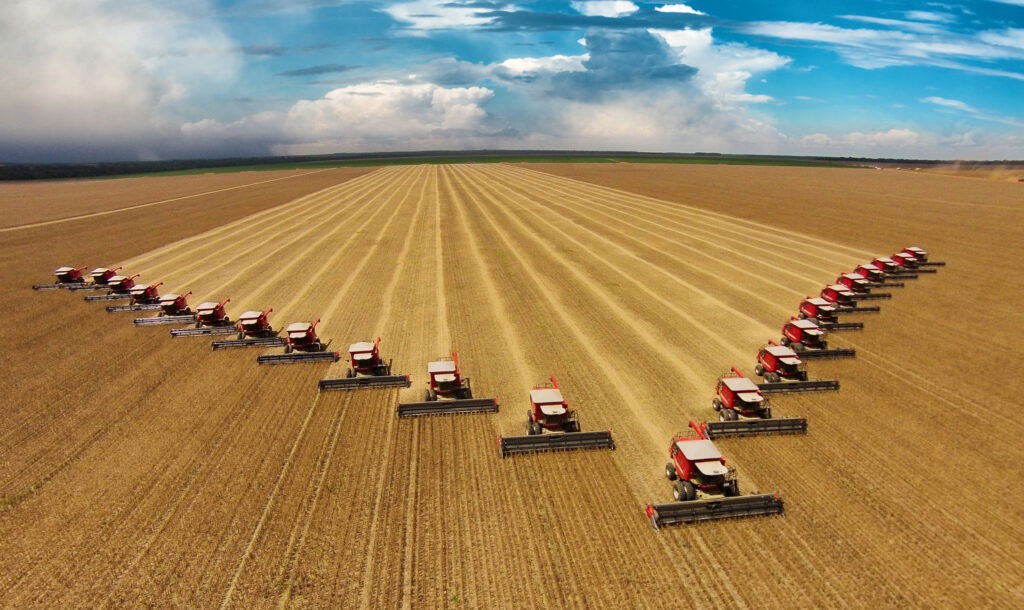
Challenges for small and medium producers
Small and medium producers may have many difficulties in doing the same and suffer losses since they do not have access to private certifications due to their high costs.
“We have explained to producers that soy consumers and processors do not want to buy if the soy is from deforested areas. Thus, as exporters, we need to implement control measures, even going beyond the law,” he adds.
Mr Nassar also emphasises that it is up to the Brazilian government to assess and prove whether rural properties comply with Brazilian laws. “The risks are high if the government does not take on this role. It is up to the government to say whether a rural property complies with all the legislation required by Europe. Producers and processors must comply with the law,” he opines.
Is the European legislation fair?
One of Brazil’s leading experts on the subject, Evaristo de Miranda, is scathing, saying it is not. His understanding highlights the fact that the new European legislation does not take into account the Brazilian Forest Code, which differentiates between the legal clearing of areas and illegal activities. In one of his articles, published in Revista Oeste, the former head of Embrapa Territorial updated numbers up to 2022. “In Brazil, 66.3% of the territory is dedicated to native vegetation. In the Amazon, the value reaches 83.8%. Meanwhile, Europe is not a model of forest preservation, but one of the worst,” he points out.
The researcher adds data from the “State of Europe’s Forests 2020“, prepared by Forest Europe with technical support from UNECE (United Nations Economic Commission for Europe) and FAO (Food and Agriculture Organization). “Of the 100% of Europe’s original forests, only 2.2% remain in patches scattered across the continent after centuries of mass deforestation. Their commercially exploited and planted forests do not shelter bears, lynxes or wolves as in original areas,” he argues. For him, the new legislation camouflages “neocolonialism” and “protectionism” given the “sustainable” competitiveness of Brazilian agriculture and livestock. However, despite the possibility of being challenged in international bodies such as the World Trade Organization (WTO), the legislation is set to come into force.
Is the law necessary?
According to experts, if the goal is to increase the sustainability of global agricultural production or reduce greenhouse gas emissions, other measures would be even more effective. Al Gore, former Vice President of the United States and Nobel Peace Prize winner, presented the Climate Trace Inventory during COP28, one of the most complete and current studies on greenhouse gas emissions. The study points to agriculture as responsible for 12.84% of global emissions, while energy accounts for 25.82%, industry 16.98%, other uses of fossil fuels 16.71%, and transportation 13.93%. This means that the global energy matrix accounts for 73.44%, representing a much more harmful field to the climate. According to the same survey, Brazil as a whole would be responsible for 2.57% of global emissions, of which less than half come from agriculture.
According to data from the National Electric Energy Agency (ANEEL), 84.25% of Brazil’s energy generation comes from renewable sources, and 15.75% from non-renewable sources (1% nuclear). The 3 largest renewable sources are hydro (55%), wind (14.8%), and biomass (8.4%), and the largest non-renewable sources are natural gas (9%), oil (4%), and coal (1.75%). Nonetheless, sustainable practices in agriculture and livestock are key, and in this regard, European legislation could help.
How can Brazil improve?
The area deforested in the Amazon was 906,500 hectares between August 2022 and July 2023, according to the National Institute for Space Research (INPE). This figure represents 0.106% of Brazilian territory. When compared to the previous INPE survey, there was a 21.8% reduction in the total deforested area between the 2 periods, according to the consolidated data. In the previous period, this figure was 1.159 million hectares, between August 2021 and July 2022.
Another relevant indicator was presented in a study published by the journal Science. This research shows that 62% of illegal deforestation in the Amazon and Cerrado is concentrated on just 2% of cattle and soybean farms.
Profile of Brazilian agriculture
Due to climatic conditions, the country can harvest up to 3 crops a year in the same area in certain regions. Therefore, the country’s agribusiness produced about 1 billion tonnes of food in 2023. Of this total, sugarcane accounted for 610.8 million tonnes, and grains for 322.7 million tonnes. Next come fruits (45 million), vegetables (25 million), and coffee (3.2 million tonnes or 54 million bags). Considering livestock items, meats account for at least 25 million tonnes and milk another 35 million tonnes, on an approximate area of 130 million hectares.
Low carbon techniques
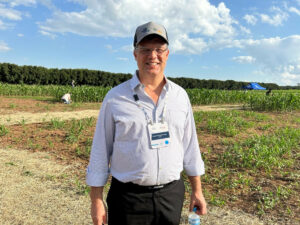
Brazilian agriculture occupies an area of about 82 million hectares, less than 10% of the territory, of which 58 million hectares use low-carbon techniques.
If we add the technologies encouraged by the Low Carbon Argiculture Plan (ABC Plan), the area with low or zero carbon techniques exceeds 58 million hectares. This is one and a half times the territory of Germany,”
compares Carlos Eduardo Cerri, a full professor at Esalq and director of CCarbon/USP.
Among the main techniques are the leadership in no-till farming (about 30 million hectares), biological nitrogen fixation, the use of biological inputs, and crop-livestock-forest integration, among others (16 million hectares).




